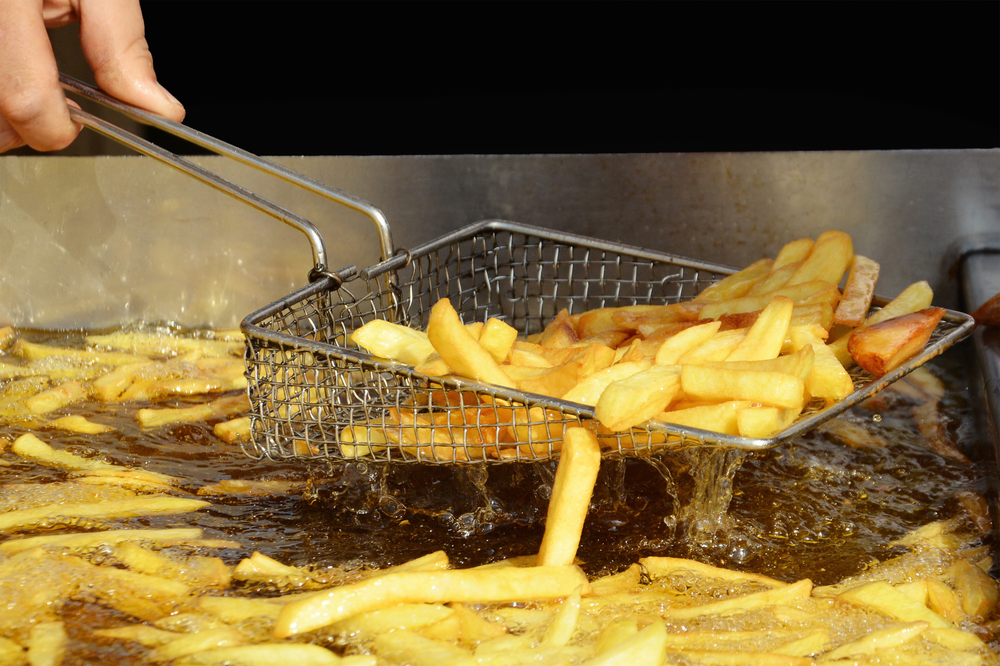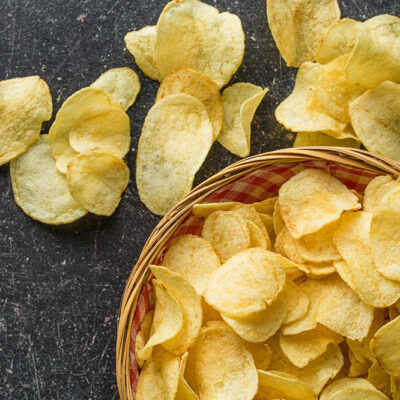
4 Foods That Raise Cholesterol Levels
Understanding the difference between LDL (low-density lipoprotein) and HDL (high-density lipoprotein) cholesterol and their effects on your overall health can help you to make better decisions about your diet. LDL is often referred to as the “bad” cholesterol while HDL is known as the “good” cholesterol. Being intentional about what you eat can limit your overall risk factors of developing high levels of unhealthy cholesterol.
Here are the major food groups that you need to avoid if you are looking to lower your levels of bad cholesterol:
1. Fatty meats
Fatty red meats like lamb, beef and pork may taste great, but they are guilty of raising your cholesterol levels. This includes ground beef, ribs, and roast. Your cholesterol levels will be better off if you choose options such as chicken or ground turkey for your protein sources. Processed meats such as hot dogs and bacon are also exceptionally high in sodium and other ingredients that are known to raise cholesterol levels.
2. Lard and shortening
Shortening is a type of trans fat used in cooking and baking. Lard is a type of animal fat derived from the pig. Regularly consuming either of these fats can have detrimental effects on your cholesterol levels. Because of their prevalence in many baked goods, avoiding lard and shortening can be particularly difficult if you have a sweet tooth. Unfortunately, these products also tend to run high in sugar and sodium, raising cholesterol levels even further. The good news is that you can generally replace shortening or lard with healthier alternatives, such as avocado oil, coconut oil, or olive oil.
3. Dairy products
Full-fat dairy products such as whole milk, butter, cheese, and yogurt are typically high in saturated fat and LDL cholesterol. In addition, cheese also is known for its high sodium content, further worsening a host of health issues. Because these products are high in calcium and other nutrients, you should consider replacing them with healthier options so that you don’t miss out on the health benefits. For example, it is a better choice to drink skim milk and to focus on low-fat yogurt or other dairy alternatives. A good replacement for butter is olive oil.
4. Deep fried fast foods
Fried foods are full of dietary pitfalls. Not only are they high in fat, but they are also loaded with unhealthy cholesterol, sodium, trans fat, and calories. All of these ingredients raise the risk of heart disease and obesity. It is also a bad idea to regularly consume fast food. While it may be convenient and cheap, it puts you at risk of developing high cholesterol and a number of additional health complications when consumed regularly.


